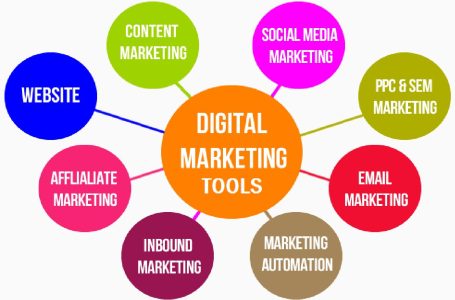As the healthcare industry advances at an unprecedented pace, several key trends are reshaping the landscape. Among these developments, the integration of medical software translation has emerged as a cornerstone for addressing the global nature of modern healthcare. Translating medical software makes diagnostic equipment, software applications, and electronic health records effective and usable in different languages and regions.
Pharma translation also plays a pivotal role in supporting the global healthcare ecosystem. It facilitates the accurate and reliable communication of pharmaceutical information, including drug labels, clinical trial documentation, and patient leaflets, ensuring compliance with international standards and improving patient safety worldwide.
The Role of Artificial Intelligence in Diagnostics
Incorporating AI with different software is changing the diagnostics field, allowing healthcare professionals to better and earlier diagnose many diseases. AI platforms scan large amounts of data to find patterns humans might not notice.
However, as these technologies spread worldwide, the need for multilingual aid increases. The ease of AI tools, manuals, and patient reports should be highlighted to ensure they are used correctly in different languages and regions, indicating the need for medical translators.
The Expansion of Telemedicine
With rapid development, telemedicine has become a reality, helping to expand access to healthcare services. Now, there is an opportunity to see a specialist anywhere worldwide, making patient care much more convenient. The only downside to this global outreach is that it is a healthcare translator’s nightmare.
It means that the professional, the medical language specialist, converts foreign languages to English and vice versa to ensure seamless digital communication between the patient and the physician.
Globalization of Clinical Trials
Due to the need for greater variety and quicker treatment methods, there is an increase in international clinical trials. This advancement has resulted in an ever-growing need to translate trial protocol documents, informed consent forms, and regulatory submission documents. Any misconception arising from language barriers can have dire consequences on the patient’s health and the research outcome.
Therefore, a medical translation service becomes very beneficial for making research between different nations easier.
The Rise of Personalized Medicine
The concept and the execution of personalized medicine are interwoven with the use of patient genetic data, still considered international clinic translation a specialty capable of significantly improving patient care. This development hinges upon how complicated information such as genetic coding, lifestyle, and medical history encompasses an individual.
And precisely how an individual accumulates this information as a healthcare professional or a patient is not entirely necessary, as the accuracy in translation within these medical circles allows for the beating edge technology to treat individuals irrespective of the nation or culture they may belong to.
International Research Collaboration
The medical field is slowly moving towards focusing on global issues and working alongside the research for it. These partnerships require seamless communication across borders so that ideas can be exchanged, systems can be created, and everything else.
However, to cure these illnesses across borders, medical translators must ensure that everything is clear and translatable.
Ensuring Clear Medical Communication for Better Patient Outcomes
Many facets of the medical field can be improved through effective communication, but most importantly, care and patient protection is of utmost necessity. The marketing side, where prescription labels would need accurate translations, or the educational side, where marketing mentors would need to educate patients about a specific drug they would be taking and its specs, would require clear communication, understanding, and devotion.
All of these elements, when incorporated together, create a sense of clarity that will save lives and improve the number of patients satisfied with the procedures being carried out on them.
The Crucial Role of Medical Translators
As medicine becomes more streamlined, the role of a medical translator in the industry is also changing. Their work is fundamental in making healthcare providers worldwide able to serve patients better, foster innovation, and safeguard patients, as it allows any medical information to be understood by anyone in any language. It is their work that enables the development of a healthcare system that is globalized and patient-oriented.
A look into the future reveals that in the next three years, especially in 2025, the need for medical translation services will be boosted by artificial intelligence, telemedicine, global clinical trials, and even more personalized medicine. These trends highlight the key role of proper medical communication and the critical role of professional medical translators in future healthcare systems.





